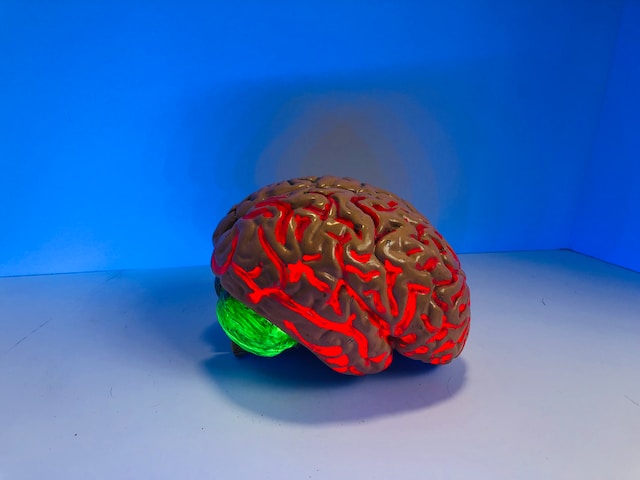Did you know that your stomach and brain speak with one another? Scientists call it the gut-brain connection. As scientists search for solutions for Alzheimer’s disease, the conversation may have just gotten more important.
A 2023 study published in Nutrients utilized bibliometric analysis and found a link between gut microbes and Alzheimer’s disease (AD). Researchers collected relevant terms from the Web of Science Core Collection involving both gut microbiota and AD. Following a 10-year analysis of 1,170 publications, with contributions from 67 countries worldwide, global corroboration indicated research with this pairing has grown. Though more in-depth research is under way, their analysis revealed enlightening trends while introducing an important perspective for future research.
The biomarkers
The focus on alterations in the gut microbiome may lead scientists closer to the indications for treatment and prevention of AD.
Studies involving animal models and fecal microbiota transplantation support evidence of amyloid plaque reduction in the brains of mice with AD. Beta-amyloid and tau biomarkers have become incorporated into the framework for the diagnosis of AD.
The search continues to determine the connection between amyloid deposition in the brain and specific microbiota in the gut.
The gut microbiome
The human digestive tract contains a multitude of microorganisms which collectively make up the gut microbiome. Its role in health and disease is a rising topic of interest. Its imbalance has been linked with obesity, diabetes, inflammatory bowel diseases like ulcerative colitis and Crohn’s disease, autoimmune disease, depression, and anxiety.
A number of companies are making a name for themselves for gut microbiome R&D, such as Enterome. Aside from ongoing trials focused on cancer immunotherapy, Enterome is developing bioactive drugs that mimic the proteins secreted by gut bacteria so they may treat conditions such as IBS.
Rebiotix Inc. developed the first Food and Drug Administration (FDA)-approved fecal microbiota product in 2022. Rebyota is part of the cocktail designed to reintroduce healthy gut bacteria into the colons of patients with an imbalance of gut flora leading to infections such as Clostridium difficile, or C. diff.
There is also an evolving concept that advancing age is linked to both cognitive decline and changes in the human gut microbiome. The question as to which species of microbiota played a part in cognitive performance during the aging process has been under investigation.
Findings from a recent double-blinded randomized trial suggest that altering specific gut bacteria with probiotics may improve cases of cognitive impairment in middle-aged and older adults.
The idea that probiotics, or even diet, may offer neuroprotection for patients with cognitive decline, such as those with AD, is an exciting prospect.
A bidirectional effect
The effects between the gut microbiome and the central nervous system are described as bidirectional with effects on brain chemistry and the neuroendocrine system. The gut microbiome also plays an important role in early brain development. Alterations in neurogenesis, myelination, microglial maturation, evolution of the blood brain barrier (BBB), or the hypothalamic-pituitary-adrenal (HPA) axis may contribute to an elevated risk of a neurodevelopmental disorder.
The future
The intersection between biotechnology and the gut microbiome has significant implications for the future of human disease. The potential to isolate specific biomarkers allows researchers the opportunity to identify microbial signatures that can indicate the presence of disease or predict its progression.
The exact mechanism by which gut bacteria influence the brain remains an evolving topic of interest. Current research continues to highlight the significance of the gut-brain connection to neurologic health. Further research is warranted to understand this complex and multifactorial conversation.




